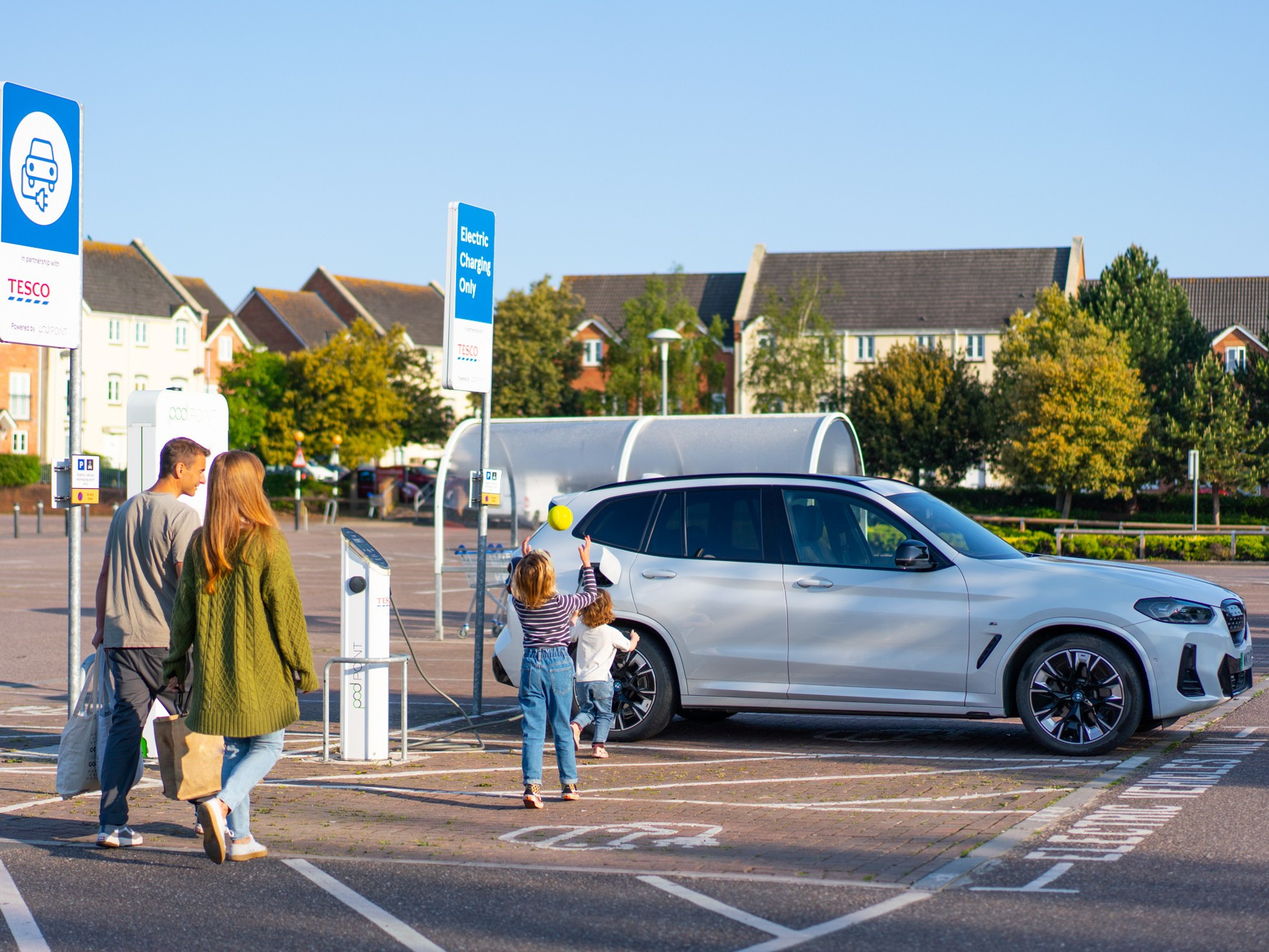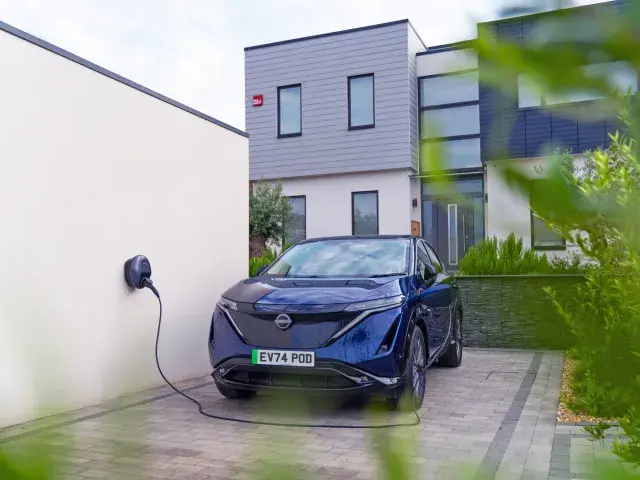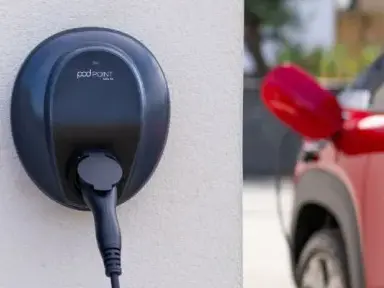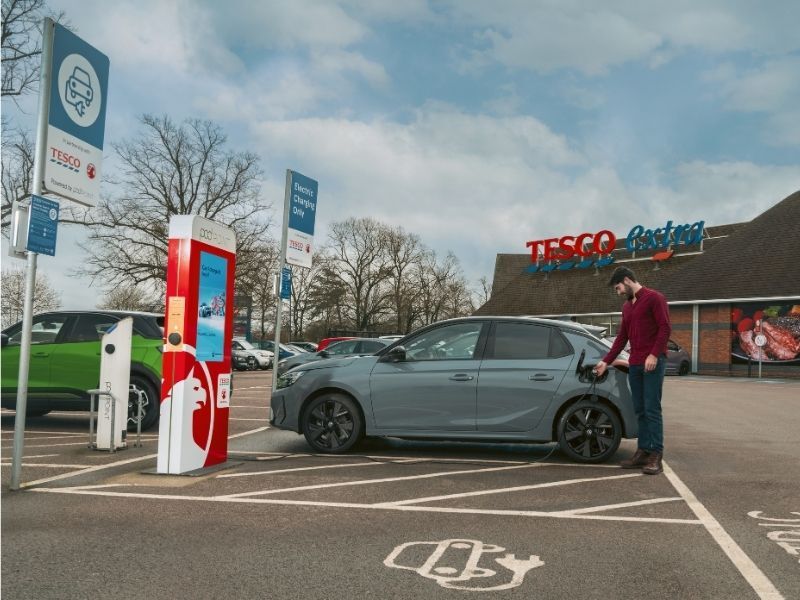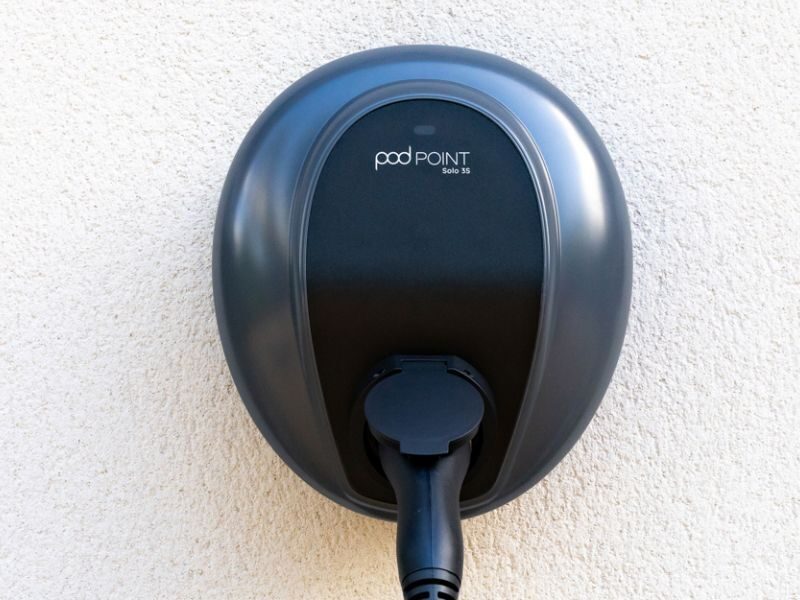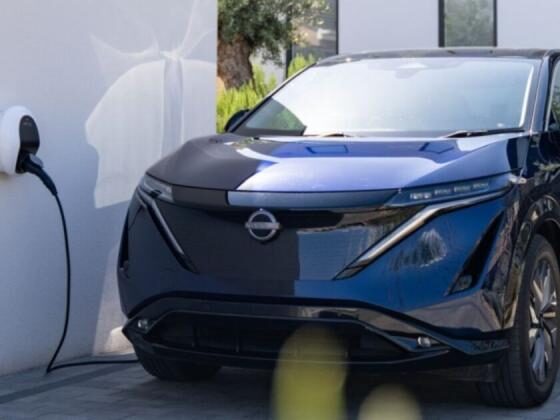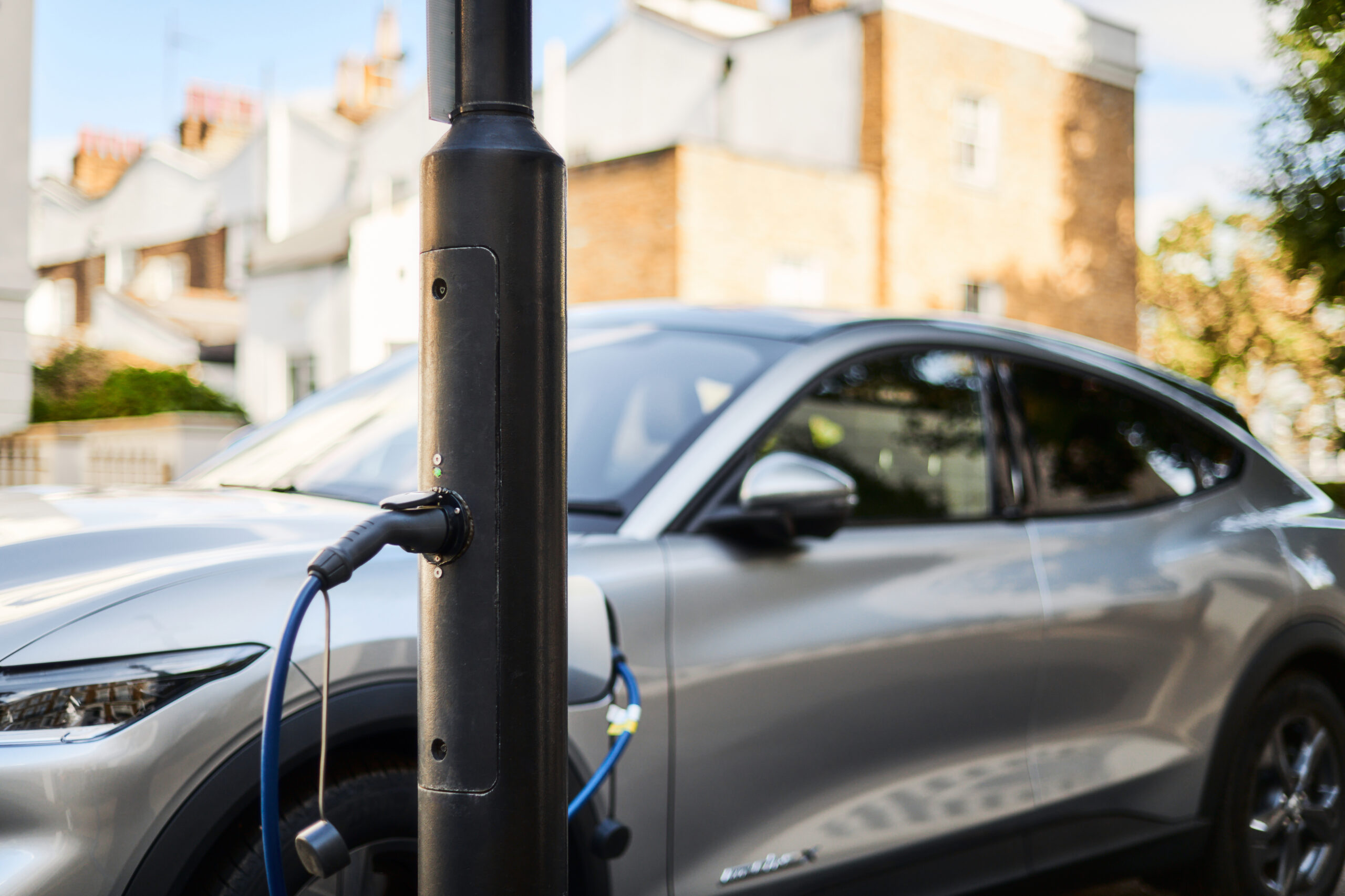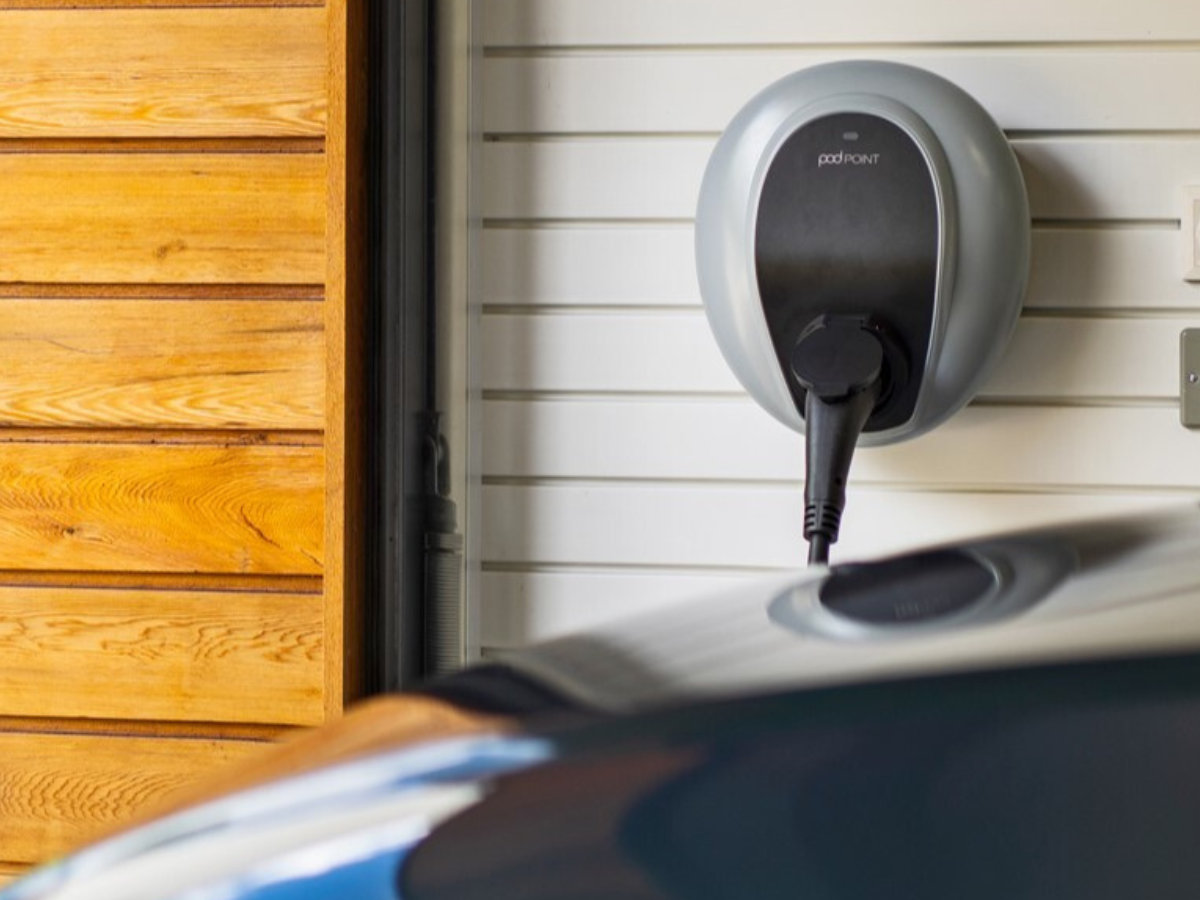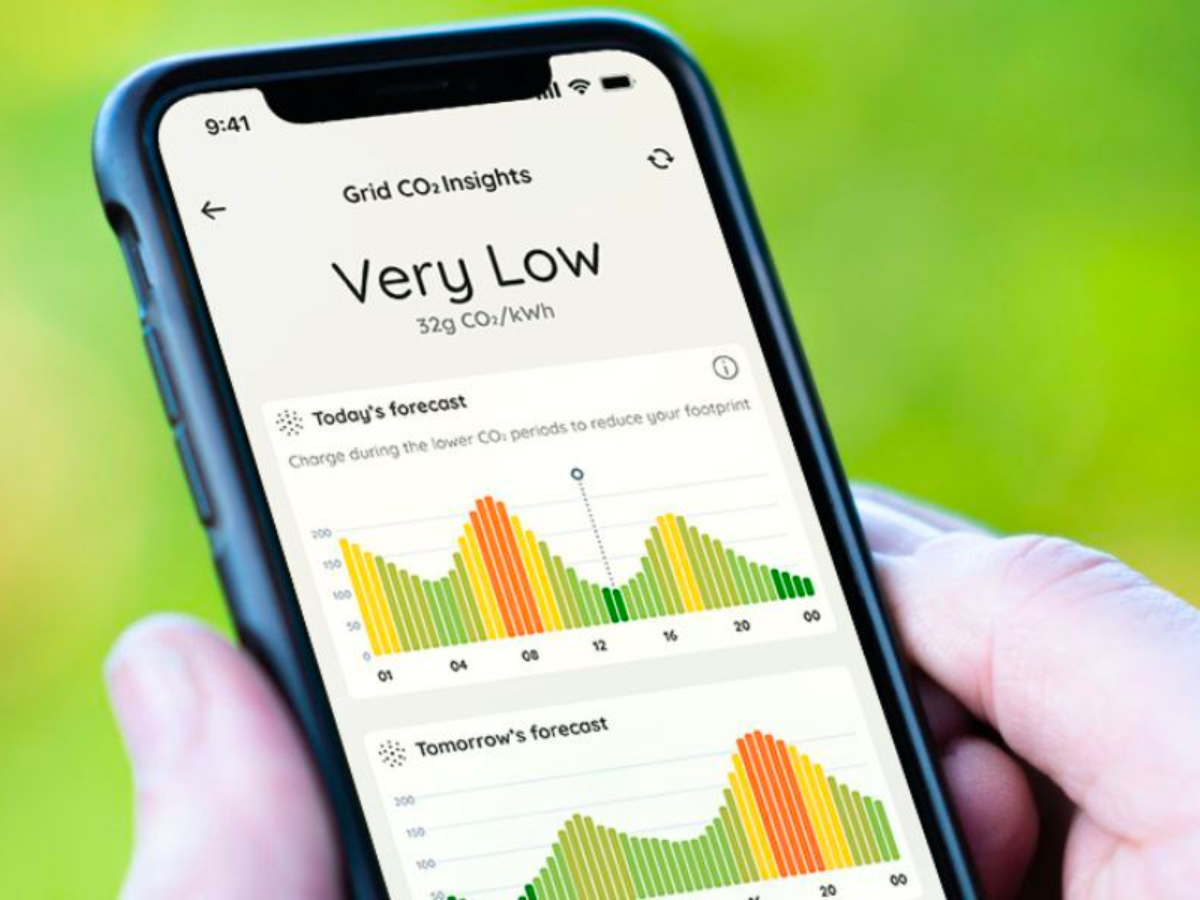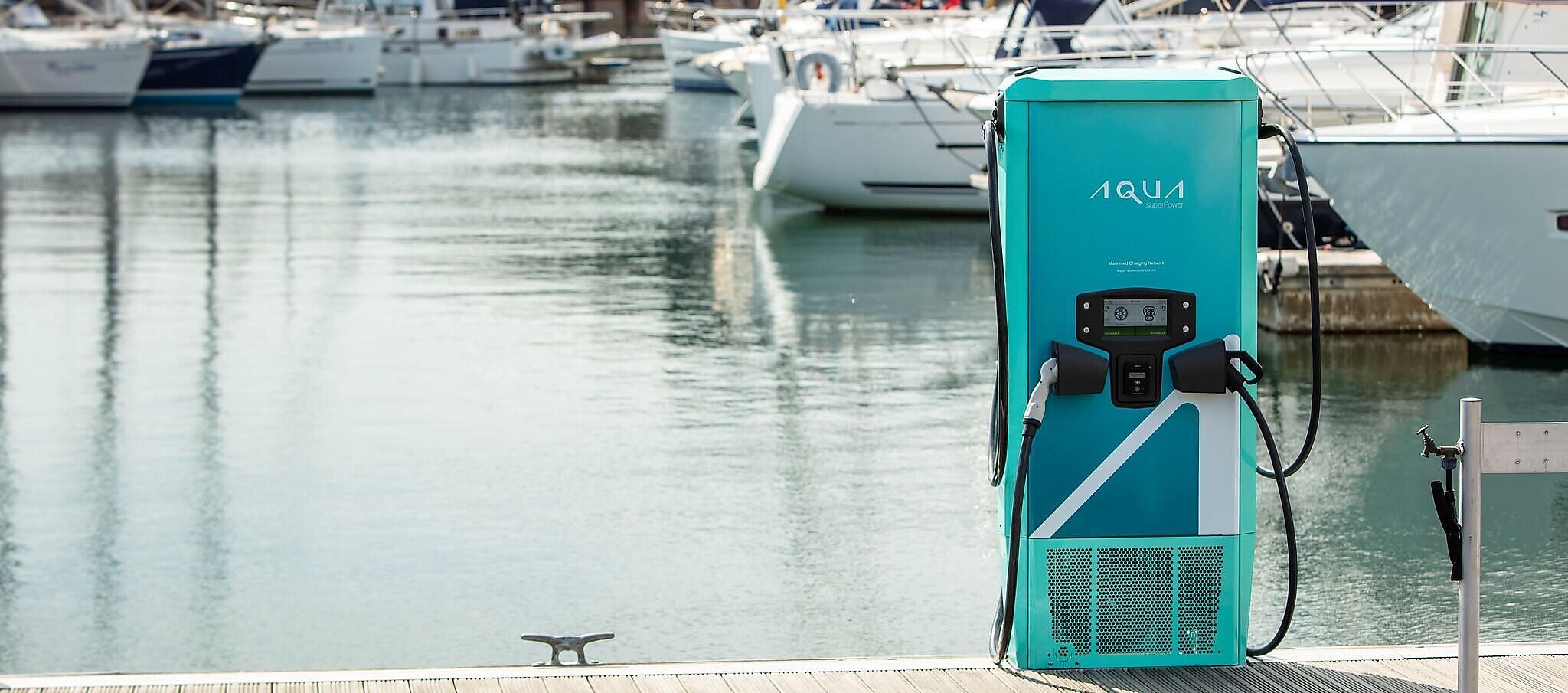EVs remain as topical as ever, but what would we say was the most significant news of Q2 2023?
Our Head of Policy & Public Affairs, James McKemey, is back to reflect on the biggest EV industry news in Q2.

It would be fair to say that not all of the press electric vehicles (EVs) and EV charging have received of late have been wholly positive. So it’s time the electric car charging sector united and added its voice to the conversation.
We’re past the halfway point of 2023 already, time is flying, and 2030 is looming fast. This has not escaped the attention of those with certain anxieties about the switch to EVs.
1. The UK Charging Industry Unites under the ChargeUK Banner
Background – the 2030/35 Ban and Playing Defence
Probably the most impactful measure from the UK (and other) government(s) has been the ban on the sale of new internal combustion engine (ICE) cars from 2030 and even hybrids with significant zero emission capability (SZEC) from 2035. It is hard to conceive of a more significant vote of confidence in EVs.
However, such a victory comes at a cost. Without the upcoming ban, the progress of EVs would be an unambiguous success story. The rate of growth startling, media questions, though still naturally sceptical in some quarters about change and new technologies, would most likely centre around “are these things taking over?”.
With the upcoming ban, EVs are the de facto mass market vehicle that everyone must use in short order. There is a slight misunderstanding of the 2030 deadline, however, which is that it will not immediately stop people driving petrol cars – they’ll be on the road for many years to come, yet – but it is still a very strident intervention and the push back is gaining momentum. Any current challenges with the technology are met with legitimate concern about how these issues will ruin the lives that the EVs are being forced on.
Such anxiety is quite reasonable. But it also provides an opportunity for those with an interest in slowing down the uptake of EVs to continuously emphasise challenges (and often completely fabricate nonsense arguments in the process) in the hope the deadline will be moved and the status quo of ICE vehicles can keep being sold longer.
Defending(?) the Sector’s Staggering Success
Though the world of EVs is a staggering success, we remain on the defensive in the media because of the above factors. One particular tactic is to repeat the comment that “there is not enough charging infrastructure”. This is a curious criticism for the charging industry to field – a sector whose raison d’etre is to provide more of it – because if it were untrue we’d be in a bleak commercial position. But it’s also misleading for a number of reasons.
- Timeframe – Not enough for when? When we all drive EVs? Of course there isn’t, but that isn’t in 2030, or 2035; it will likely be in the 2040s at the earliest. Enough for now? Well there is, basically, but network utilisations are generally quite low. Enough for 2030? Not quite, but we’re growing fast.
- Exponential growth – If you extrapolate growth in a linear manner, you’ll obviously not get to the levels you need in future. This is because growth will not be linear, it’ll more resemble exponential growth.
- The right charger in the right place – Underlying points 1 and 2 is the need to understand which chargers are actually required and where. There is a fixation with a 300k public charger figure that comes from the UK Govt’s EV infrastructure strategy. A public charger can be a 7kW in a car park, or a 350kW DC charger. They are not the same and perform different functions at very different costs. So this number is very vague, even should the total number prove accurate. But, crucially, missing from the narrative on the number of public chargers is the recognition that public chargers are not as important, overall, as private – home and work – chargers. There is no equivalent to this for conventionally fuelled vehicles, and ignoring it gives a very misleading picture.
Enter ChargeUK
ChargeUK was formally launched at the start of Q2. Its mission is to be “the voice of EV charging” in the UK. Pod Point is proud to be one of the founding members of the organisation.
It is valuable to have such a voice for our sector to bring perspective to the public debate, which means recognising the extraordinary success story it is and the huge investment ready to deploy more infrastructure, whilst also pushing for supportive policies that will grow a comprehensive, accessible, affordable and easy to use charging infrastructure for the UK’s EV drivers.
Having already achieved some notable policy successes that will ease the rollout of charging infrastructure and unprecedented interest in engagement from industry stakeholders, Pod Point is very hopeful that ChargeUK can help play a role in righting the current negativity in media and shape a policy landscape conducive to a speedy and affordable charging infrastructure rollout.
So good news, and, for us, the most important news of Q2 2023.
2. Other Contenders for the Biggest News of 2023 Q2
Truth be told, most of the headlines we’ve seen have been extremely negative, and often blatantly inaccurate. But here’s a couple of others we have liked:
Rimac Timed at 1.74 Seconds 0–60
Rimac cars are fast. How fast? The Nevera was timed doing 0-60 in 1.74 seconds. A world record for all production vehicles. An utterly insane stat.
In the current climate of negativity, it’s worth noting that when it comes to top end performance, EVs are the state of the art. Whilst the internal combustion engine remains king in races with an element of endurance, it is fast becoming obsolete in terms of performance, instead consigned to an appeal based solely on nostalgia.
Pod Point Is Voted What Car?’s Best Home Charger Provider in the UK
Okay, maybe not the most significant global news, but – hey, it’s our blog! And given how thorough the assessment from What Car? was, taking into account the charger’s performance, the installation process and the reliability according to users, it’s extremely pleasing to have come out top.
This article was originally published by Pod Point.



